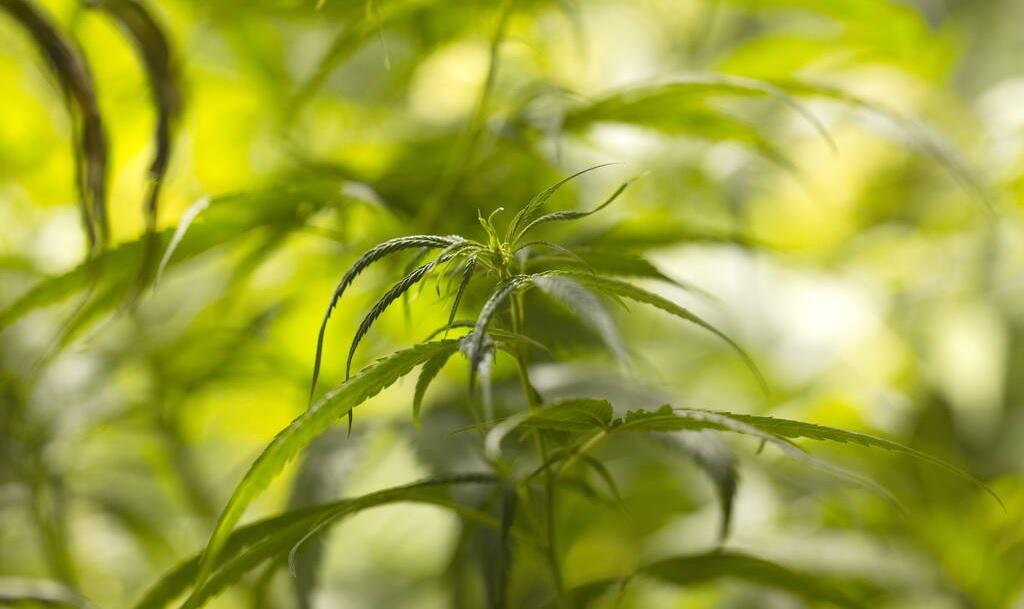In a new study researchers examining five different cannabis varieties found that all of them “showed antibacterial and antifungal activities.”

Titled Antifungal and antibacterial activities of Cannabis sativa L. resins, the study is published in the July issue of the journal Journal of Ethnopharmacology and it was published online ahead of print by the US National Library of Medicine.
“Increasing resistance to traditional antimicrobial agents demands finding new strategies to fight against microbial infections in medical therapy and agricultural activities”, states the study’s abstract. “Upon legalization in many countries, Cannabis sativa is gaining attention as a new source of active components, and the evidence for new applications of these compounds is constantly increasing.”
For the study extracts from five different varieties of cannabis sativa were performed and their cannabinoids and terpenes profiles were determined by liquid and gas chromatography.
“Antimicrobial and antifungal activities against Gram (+) and Gram (-) bacteria, yeast and phytopathogen fungus were measured. To analyze a possible action mechanism, cell viability of bacteria and yeast was assessed by propidium iodide stain.”
Cannabis varieties were grouped into chemotype I and II as a consequence of their cannabidiol (CBD) or tetrahydrocannabinol (THC) content. The terpenes profile was different in quantity and quality among varieties, with (-)b-pinene, b-myrcene, p-cymene and b-caryophyllene being present in all plants.
Researchers state that “All cannabis varieties were effective to different degree against Gram (+) and Gram (-) bacteria as well as on spore germination and vegetative development of phytopathogenic fungi. These effects were not correlated to the content of major cannabinoids such as CBD or THC, but with the presence of a complex terpenes profile. The effectiveness of the extracts allowed to reduce the necessary doses of a widely used commercial antifungal to prevent the development of fungal spores.”
Researchers conclude:
All the extracts of the analysed cannabis varieties showed antibacterial and antifungal activities. In addition, plants belonging to the same chemotype showed different antimicrobial activity, demonstrating that the classification of cannabis strains based solely on THC and CBD content is not sufficient to justify their biological activities and that other compounds present in the extracts are involved in their action against pathogens. Cannabis extracts act in synergy with chemical fungicides, allowing to reduce its doses.







